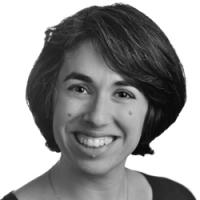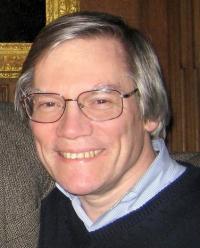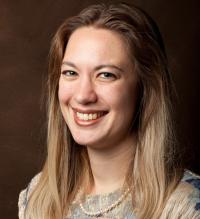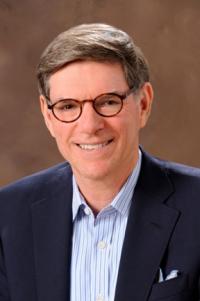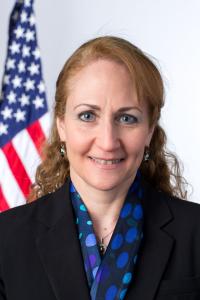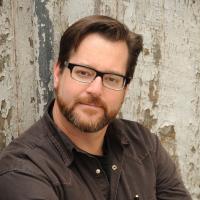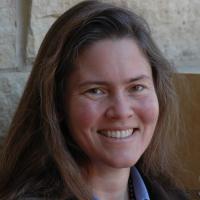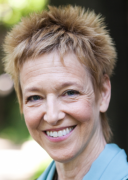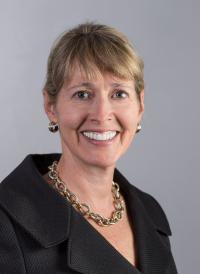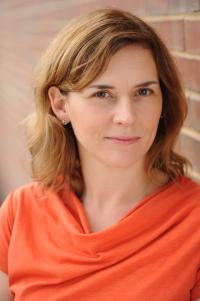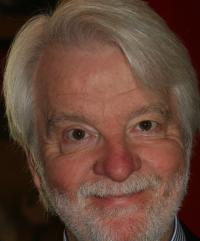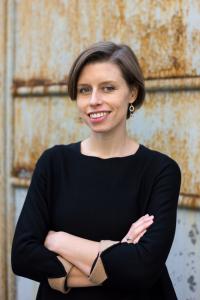Mary Hoff: Mary Hoff is editor in chief of Ensia, a nonprofit online and print magazine that cuts across disciplines, ideologies, sectors and continents to connect global leaders and others with ideas, information and inspiration they can use to create sustainable solutions to complex environmental challenges. An award-winning science communicator and longtime NASW member, she has more than two decades’ experience helping to improve understanding, appreciation and stewardship of the environment and natural resources through print and online media.
Pitch Guidelines
Ensia is a media platform that's out to change the world. Cutting across disciplines, ideologies, sectors and continents, our print and online magazines and event series connect global leaders with new information, new inspiration and new tools they can use to create sustainable solutions to complex environmental challenges.
Ensia accepts submissions for innovative articles, feature stories, videos, photo galleries and infographics that provide solution-focused perspectives on emerging environmental challenges, as well as novel ways of looking at longstanding issues.
What are we looking for?
The best way to get a feel for what we publish is to read ensia.com or past issues of Ensia and Momentum, Ensia’s predecessor. Although we appreciate a wide variety of approaches and welcome proposals that don't fit this model, in general, we are looking for stories that do at least some of the following:
• focus broadly (not just science and policy, but also economics, design, etc.) on the environment and sustainability
• tell compelling stories with vivid characters and universally useful messages
• focus on solutions rather than on the same old problems
• feature new voices, new issues, new ideas, new information, new inspiration
• challenge conventional ways of thinking about the environment
• include a human dimension
• cut across disciplines, sectors, political
persuasions and continents
• interest people who can change the world
• clarify the relationship between the environment
and other issues
Some models include National Geographic, Wired, OnEarth and Conservation. Or, if we’re really hitting our mark, the Economist meets Fast Co. for the environment.
Please do not send general queries about story ideas. Your pitch should clearly describe the piece you envision producing and clearly demonstrate how it will be innovative, solution-oriented and unlike anything we’ve seen or are likely to see anywhere else. Check the archives to see topics we’ve already covered. When possible include a working title and enough of a lede and body that we can get a good sense of your writing style. A paragraph or two is fine; please do not exceed a page. Submit written pitches as part of your email message, not as an attachment. Include links to work samples if you have not written for us before.
Features
Generally feature stories appearing online are roughly 1,500 words, and up to 2,500 words in print.
Articles
Generally articles are around 700–750 words, though some are longer.
Who is our audience?
Decision makers and change agents around the world, including members of the environmental community (leaders in academia, NGOs, government agencies, business, industry and the media) and the educated public (students, concerned citizens, etc.). Most readers will have a basic interest in and understanding of environmental topics, but we shouldn’t assume they know about the complexities of each issue.
Where should submissions be sent?
Send pitches for features and articles to david@ensia.com
For more about photo, video and infographic submissions please see our Multimedia Submissions Guidelines at ensia.com/contact.
We try to respond to every query within a month, but because we receive many pitches and are a small staff we sometimes do not meet this goal. Thanks for your patience.
